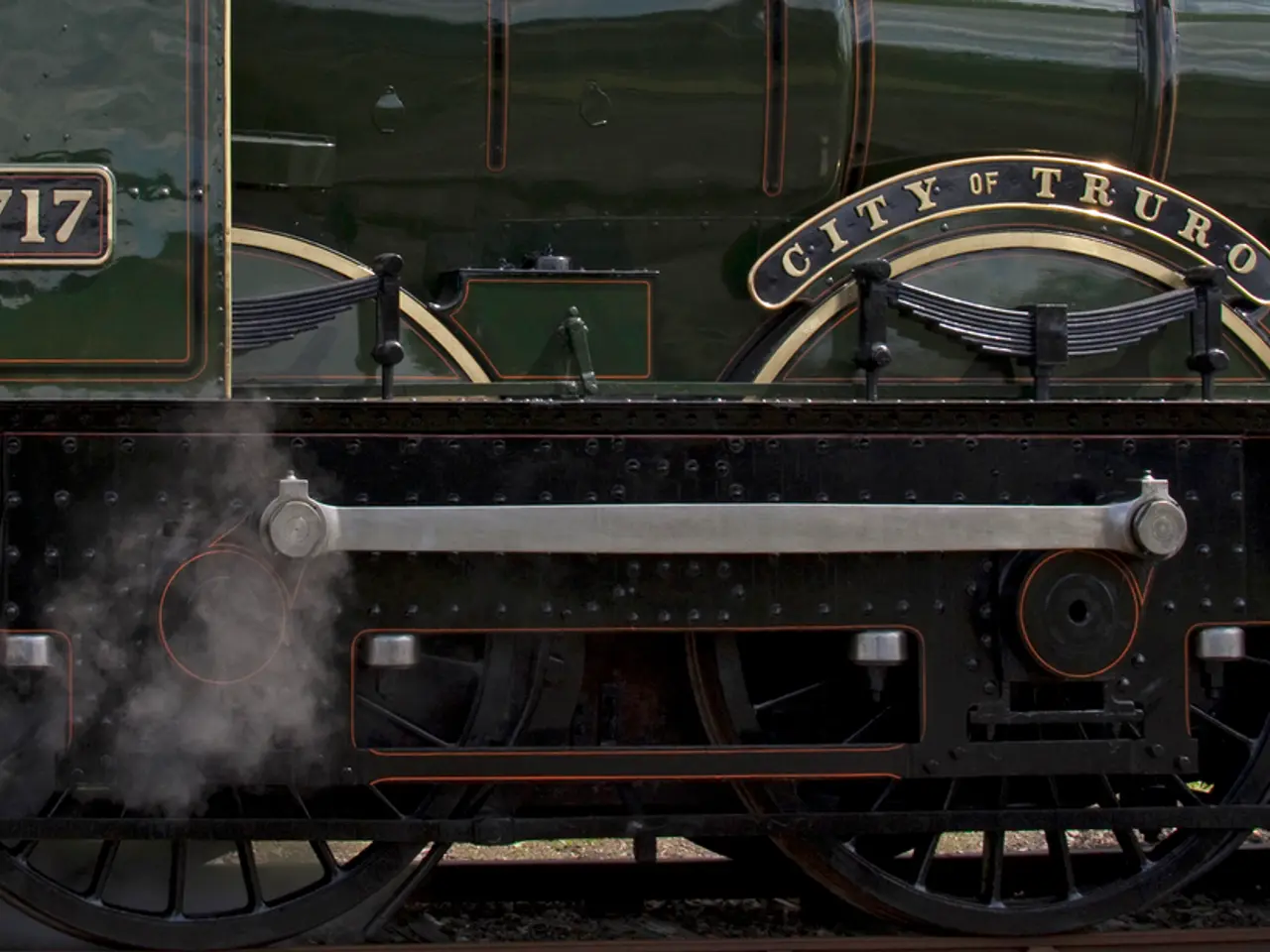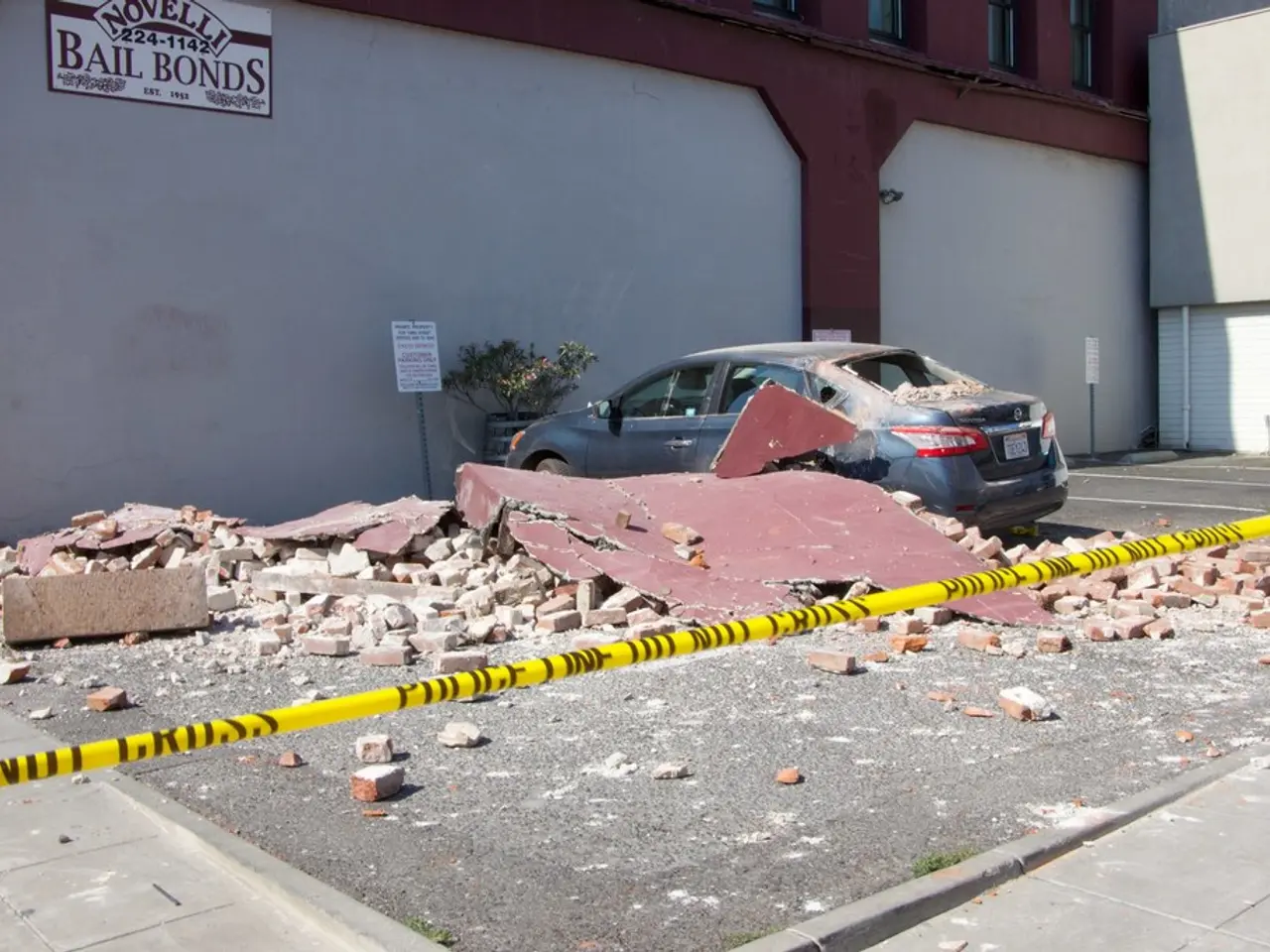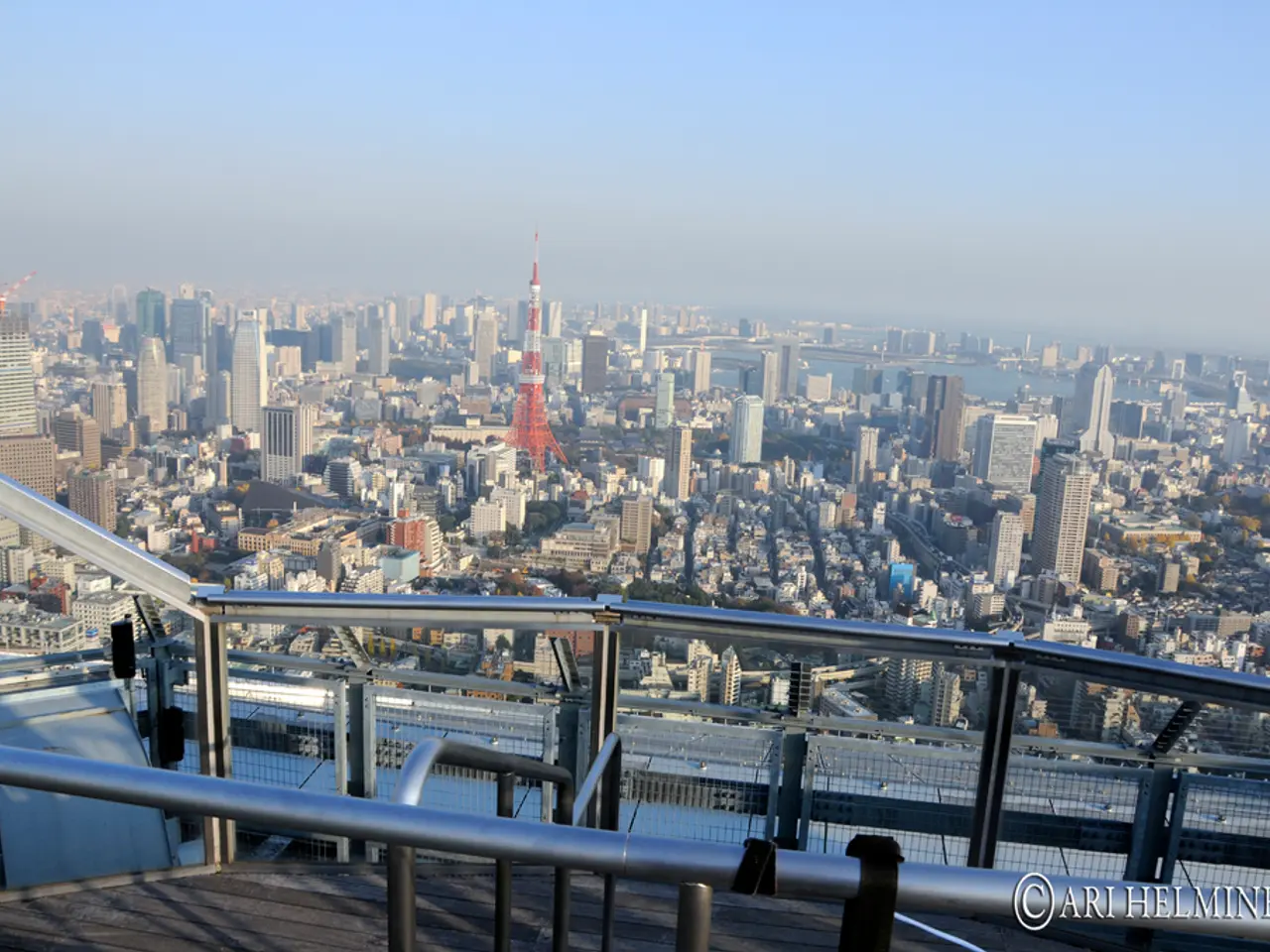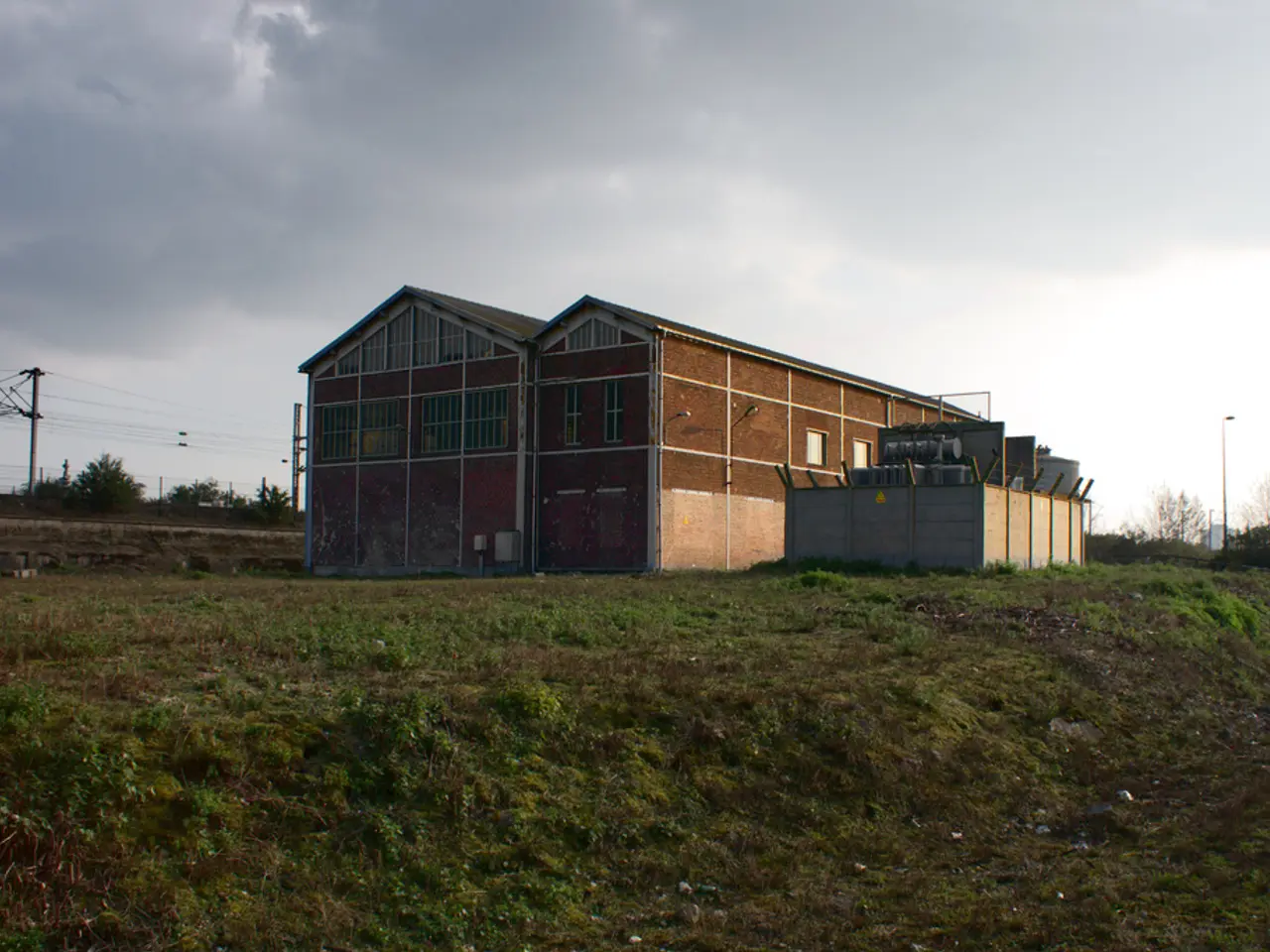Delay in German Rail's Track Modernization Plan: Renovations Now Extended to 2035
Railway seeks extended duration for track reconstruction
It's time to bid farewell to the initial plans for renovating several heavily traveled rail tracks by 2031. The state-owned German Rail (Deutsche Bahn) has proposed a new timeline that extends the project completion date to 2035, a whopping four years later.
During an industry information event, Deutsche Bahn announced this revised project concept. The goal is to modify the railway renovation plans, stretching them out until 2035. Another meeting is scheduled for July to incorporate the feedback and positions of other transport companies and associations. Once that's done, DB InfraGo, Deutsche Bahn's subsidiary, will work on finalizing and approving the concept with the federal government.
Critics, including freight railway competitors and the Union, had previously flagged concerns about the initial timeline due to insufficient preparation and planning for detour routes. With the new federal government's coalition agreement, there's a review and possible adjustment of the strategy on the table.
Audit Office Sounds Alarm on German Rail's Track Modernization
With its "general renovation" project, Deutsche Bahn aims to modernize and prepare more than 40 heavily traveled and outdated track corridors for digital expansion. This initiative is intended to improve long-distance traffic punctuality, which was at its worst in 2021 since the 1994 railway reform. The dilapidated and overloaded network is considered the main culprit for the poor reliability.
Construction sites currently slow down rail traffic every day, and after comprehensive renovation, the tracks are expected to be maintenance-free for at least five years. Construction work on the Riedbahn between Frankfurt and Mannheim began in 2021, with the Hamburg-Berlin route scheduled for renovation this year. The revised timeline shows the Frankfurt-Heidelberg route will be renovated in 2030 instead of 2027, while the Lübeck-Hamburg route will be delayed by one year to 2028.
Managing the Crowds: German Rail's Strategies for Coping with High-Traffic Corridors
The renovation of the Würzburg-Ansbach-Treuchtlingen, Aachen-Köln, Forbach-Ludwigshafen, Minden-Wunstorf, and Weddel-Magdeburg corridors will be delayed, as well as the last renovation in 2035, the Flensburg-Hamburg route.
The renovation delay could potentially extend current operational challenges. However, post-renovation, the rail network is expected to be more punctual, reliable, and equipped for digital expansion, benefiting both long-distance passenger and freight traffic.
As the renovations push back, Deutsche Bahn plans to coordinate final concepts with the federal government and gather feedback from transport companies and associations before finalizing the schedule and implementation plans.
[1] Sources: ntv.de, lar/dpa
- German Rail
- Train Traffic
- Berlin
This delay in the German rail track modernization program stems from a need to balance ambitious modernization goals with realistic operational planning. The four-year extension aims to ensure better preparation and coordination before starting major renovation projects, thereby reducing disruptions and improving overall project feasibility. The aging and overloaded railway network is recognized as the main reason for poor punctuality in long-distance rail service, and Deutsche Bahn intends to address this comprehensively through this renovation and modernization effort. The renovation delay may affect train traffic for a while, but after completion, the rail network is expected to be more punctual, reliable, and capable of supporting digital expansion.
- Due to the need for better preparation and coordination before embarking on major renovation projects, Deutsche Bahn has proposed extending the track modernization plan for four years, which includes vocational training as part of the community policy to ensure that workers in the industry have the necessary skills to manage projects related to finance and transportation.
- After the delay in the track modernization plan, Deutsche Bahn will coordinate final concepts with the federal government and gather feedback from transport companies and associations. To facilitate this, they plan to incorporate vocational training programs into their strategy, ensuring they have skilled personnel to handle the modernized railway network that will improve train traffic punctuality and reliability, while also supporting the digital expansion of the railway industry.




